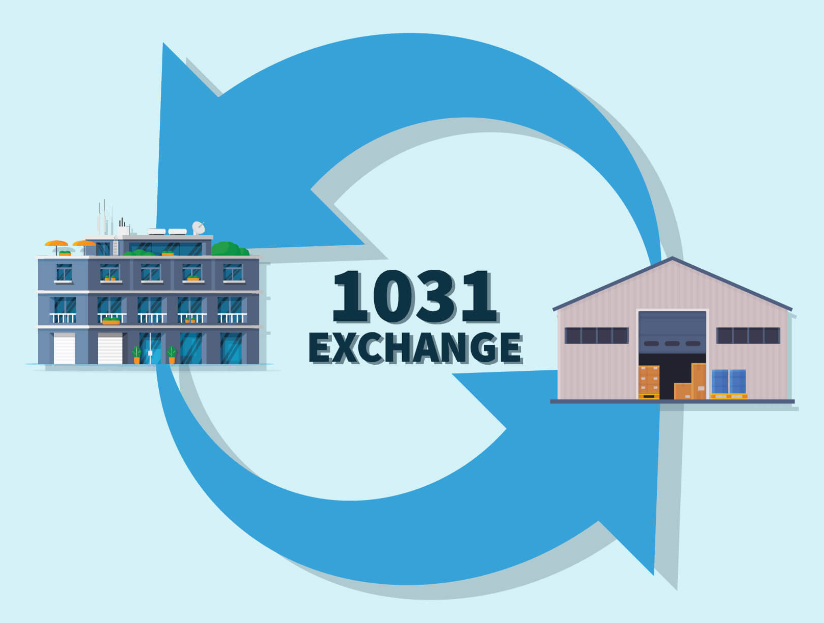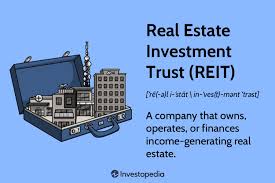Understanding Qualified Intermediaries in 1031 Real Estate Exchanges

In the dynamic world of real estate, one term that often surfaces during property transactions is the ‘Qualified Intermediary (QI).’ Especially in the field of 1031 exchanges, a QI is not just a participant but a pivotal figure. This article delves into the role of the 1031 exchange Qualified Intermediary.
The Concept of 1031 Exchange
Before exploring the role of a Qualified Intermediary, it’s essential to understand what a 1031 exchange is. Named after Section 1031 of the U.S. Internal Revenue Code, it refers to a strategy that enables property investors to defer capital gains taxes on a property sale, provided the proceeds are reinvested in a similar, or ‘like-kind,’ property. This process is a simple sale and purchase and a strategic exchange that demands meticulous compliance with specific tax laws and regulations.
Qualified Intermediaries: The Facilitators
A Qualified Intermediary is an independent entity that acts as a facilitator in a 1031 exchange. Their primary role is to ensure that the exchange is executed in accordance with the legal requirements. This involves a series of responsibilities:
- Holding the Funds: The QI takes custody of the sale proceeds from the relinquished property. This step is crucial because direct control of these funds by the seller could lead to the disqualification of the exchange under the ‘constructive receipt’ doctrine.
- Document Preparation: They are responsible for preparing the necessary legal documents, which include the Exchange Agreement, Assignment Agreements, and other related notices.
- Guiding Through Deadlines: A 1031 exchange is time-sensitive. The seller must identify potential replacement properties within 45 days and close the purchase within 180 days of the relinquished property sale. The QI ensures these timelines are strictly adhered to.
- Coordination: The QI coordinates with all parties involved – buyers, sellers, and legal entities – to ensure a seamless transaction.
Choosing the Right Qualified Intermediary
Selecting a competent and reliable 1031 exchange Qualified Intermediary is crucial. Key considerations include:
- Experience and Expertise: Look for a QI with a robust track record and extensive experience handling 1031 exchanges.
- Financial Stability: Ensure the QI is financially sound and capable of securely holding and managing the exchange funds.
- Reputation: A reputable QI will have positive reviews and a history of successful exchanges.
- Insurance and Security Measures: Verify that the QI has adequate insurance coverage and security measures to protect the funds.
Common Misconceptions
Several misconceptions surround the role of Qualified Intermediaries:
- Not a Legal or Financial Advisor: While QIs are knowledgeable, they do not replace the need for legal or financial advice from certified professionals.
- Not Just a Formality: The role of a QI is not merely procedural but integral to the exchange’s legitimacy and success.
The Legal Framework
The IRS has set forth strict regulations governing Qualified Intermediaries. These rules ensure that QIs operate with integrity and transparency. Failure to comply with these regulations can lead to significant tax consequences for the parties involved in the exchange.
Conclusion
In conclusion, Qualified Intermediaries are essential in 1031 real estate exchanges. Their expertise and guidance are priceless in navigating the complex legal landscape of these transactions. By understanding their role and selecting the right QI, investors can effectively leverage 1031 exchanges to optimize their real estate investments and defer capital gains taxes, ultimately contributing to a more robust and strategic approach to property investment.





